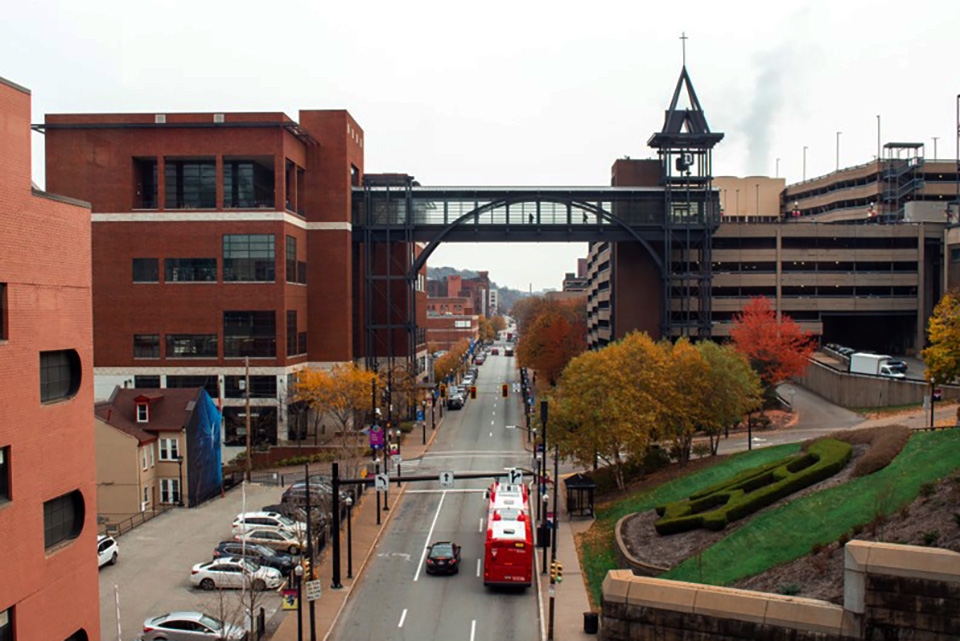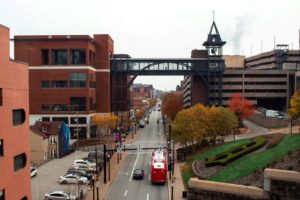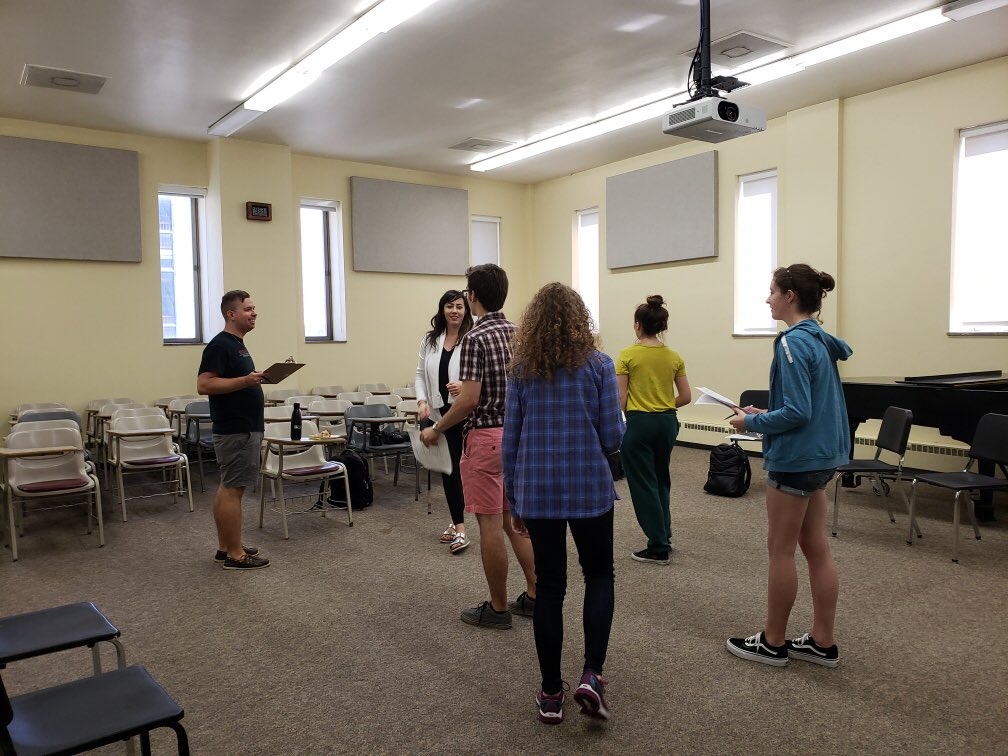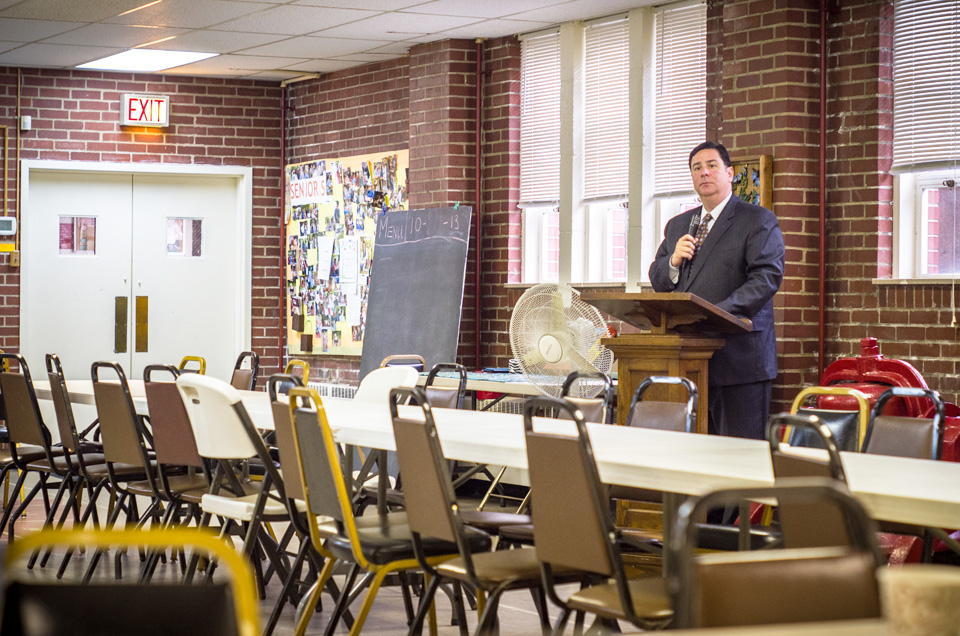
Duquesne University’s newly announced Institutional Master Plan aims to add developments to campus throughout the next 10 years, in the hopes of benefiting both the DU community and the surrounding areas of Uptown and Downtown Pittsburgh.

Duquesne University’s newly announced Institutional Master Plan aims to add developments to campus throughout the next 10 years, in the hopes of benefiting both the DU community and the surrounding areas of Uptown and Downtown Pittsburgh.
Kellen Stepler | Staff Writer
11/15/2018
Could you imagine Duquesne University without the Power Center? Not too long ago, that was a reality. The university’s Institutional Master Plan, implemented in 2004, which gave the Duquesne community the Power Center, has since expired.
The university’s new Institutional Master Plan (IMP) will document Duquesne’s proposed development for the next 10 years. The IMP is required by the City of Pittsburgh. The new plan will cover 2018 to 2028, with construction beginning in 2019.
Between the proposed IMP and the university’s 2018-2023 Strategic Plan, the administration has many ideas to improve current buildings on campus and even build some new ones. However, it is important to note that all of these projects may not happen in the next 10 years, as they are just ideas.
Plans for the UPMC Cooper Fieldhouse were recently revealed to the public, though the planning process had began long before. The project will start as early as January 2019, and the Palumbo Center is expected to close for construction on March 19, 2019. The new arena will lose about 400 seats, but despite the loss of seating, planners hope for a better fan experience, with closer seating to the players.
Additionally, with the new fieldhouse, McCloskey Field will be undergoing renovations. The field will be enclosed so that it can be used during all seasons, regardless of weather.
But it is not only the athletic facility undergoing renovations. Some dormitories will be experiencing improvements as well.
Brottier Hall, which has not been renovated since its opening in 1970, will look to receive improvements.
There may be a new residence hall in the works as well. Housing on Forbes Avenue will look to take the place of a parking lot, beside the Power Center and the Red Ring restaurant.
This new residence hall will have “amenities students want,” according to Rodney Dobish, associate VP and chief facilities officer. Dobish also noted that the Strategic Plan for 2018-2023 states that “Duquesne will identify bold pathways to offer students the knowledge and skills they will need for productive and fulfilling lives and careers in the 21st century.”
This new residence hall will aspire to meet the needs of students in the 21st century. Dobish added that Brottier Hall always fills up quickly with students who are looking for independent, apartment-style living. With the addition of this new residence hall, not only will students benefit, but Uptown and the Pittsburgh community will thrive as well.
The IMP is focused on students first, but also looks to benefit the neighborhood. Duquesne wants to transform its 48.5 acres of campus to a space that does not only serve students, but the community as well.
According to the strategic plan, “Duquesne will become the region’s flagship for community engagement through mutually beneficial partnerships that advance the city, the region and the world.”
Students, faculty, staff and community members are encouraged to give planners feedback. Forms can be submitted anonymously at duq.edu/imp.




